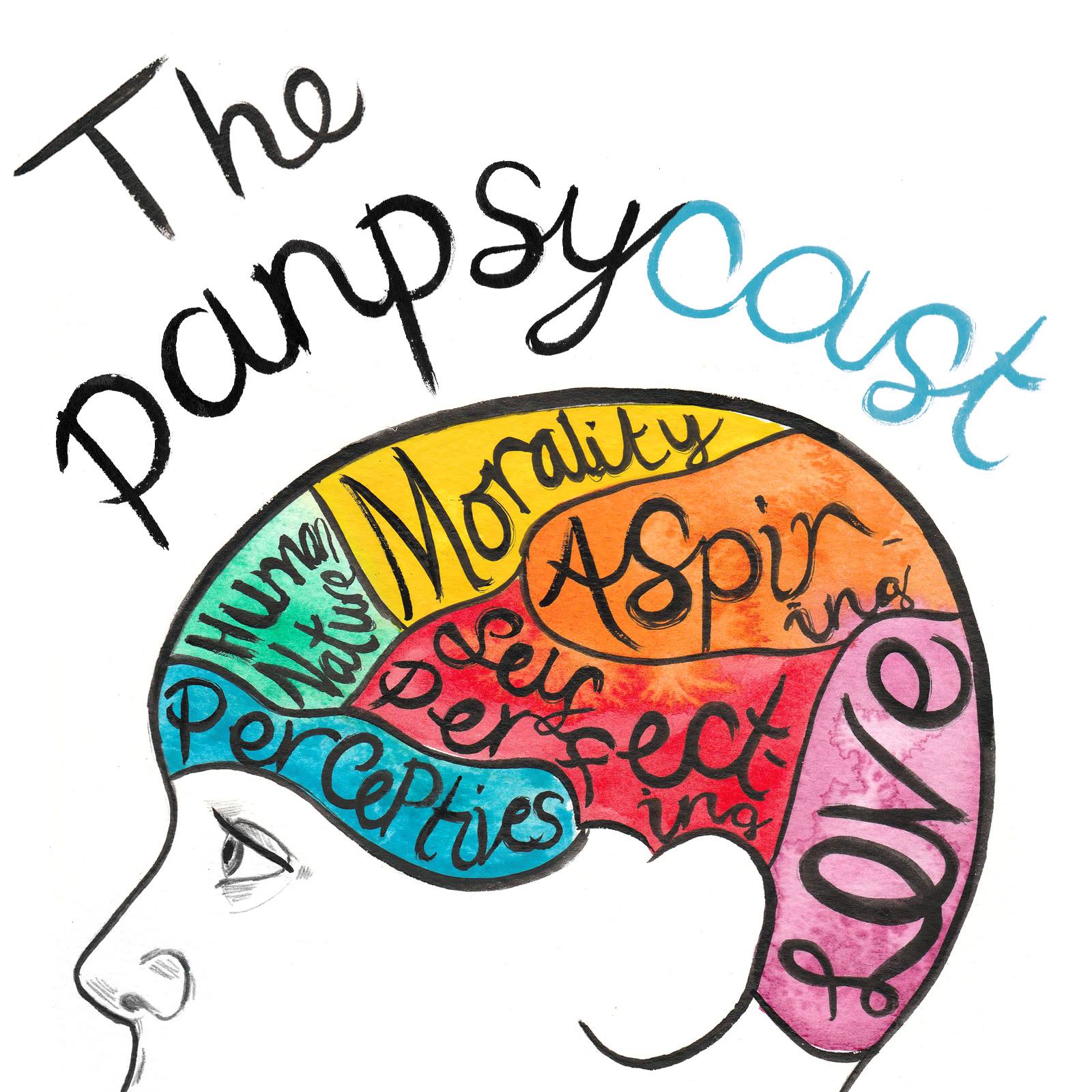Welcome to 'Episode 64 (Part II of II)', where we'll be engaging in some further analysis and discussion.
Michelle Montague is Associate Professor of Philosophy at the University of Texas at Austin. As well as publishing extensively in phenomenology and philosophy of mind, Michelle is also the author of Non-Propositional Intentionality, Cognitive Phenomenology, and our focus for this episode, her 2016 book, The Given: Experience and its Content.
This episode is all about what some philosophers have called ‘the given’, that is, what is given to us in our immediate experience. From Aristotle to Hume, philosophers have tried to account for the categories, types, and distinctions within the mind. Michelle’s work continues in this tradition, however it takes a new and exciting turn away from the orthodox positions in philosophy of mind - she thinks that phenomenology comes first, that phenomenology is responsible for our mind’s ability to represent the world, and that there are many more types of phenomenology than we’ve currently admitted.
The file size is large, please be patient whilst the podcast buffers/downloads/undergoes a non-sensory, cognitive experienceContents
Part I. The Given.
Part II. Further Analysis and Discussion.

